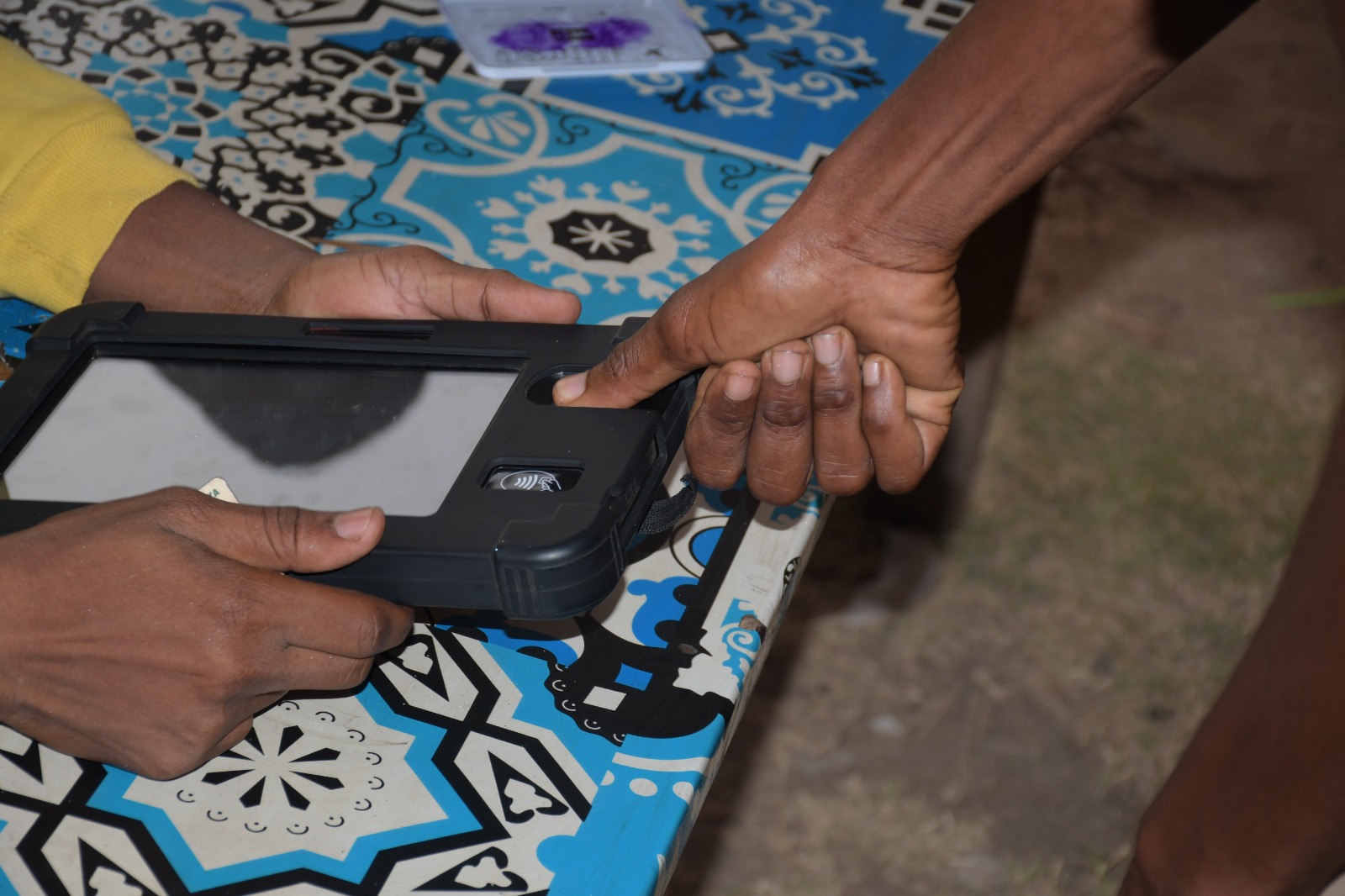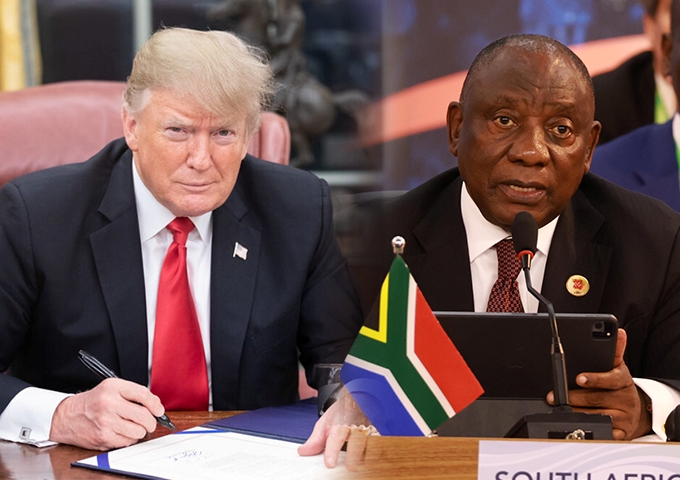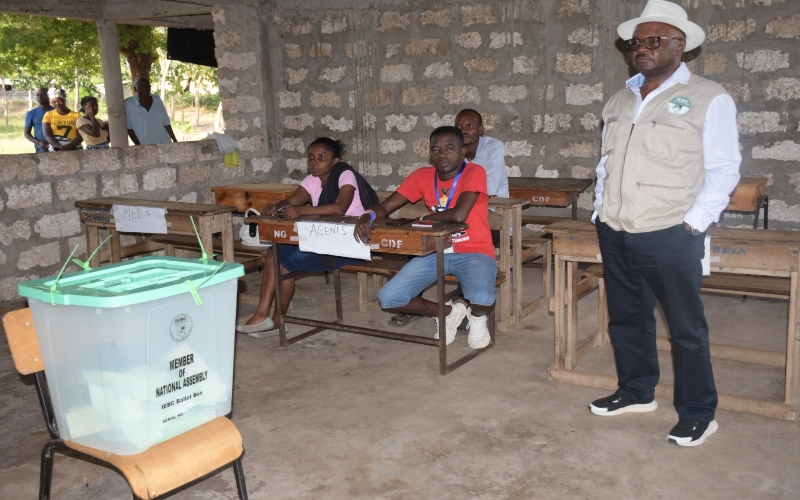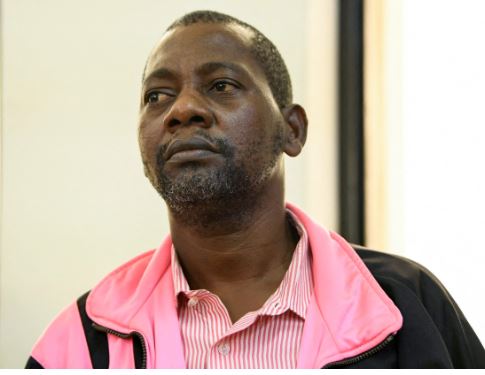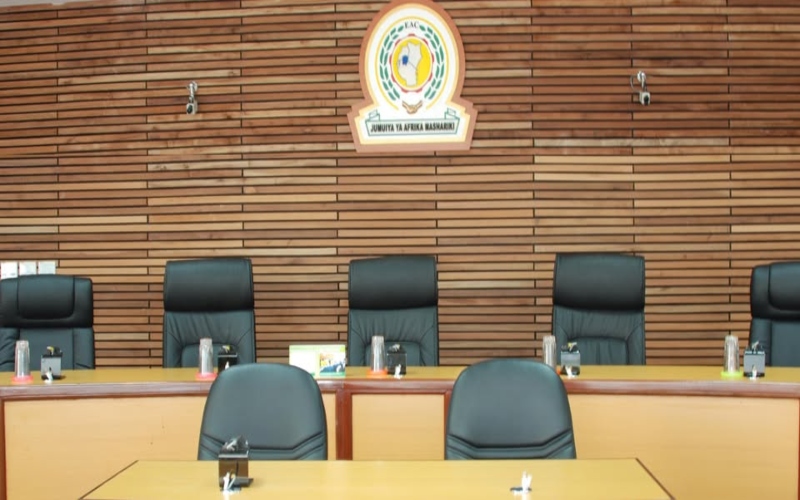Somalia unveils plan to halve imported fuel for power generation by 2028
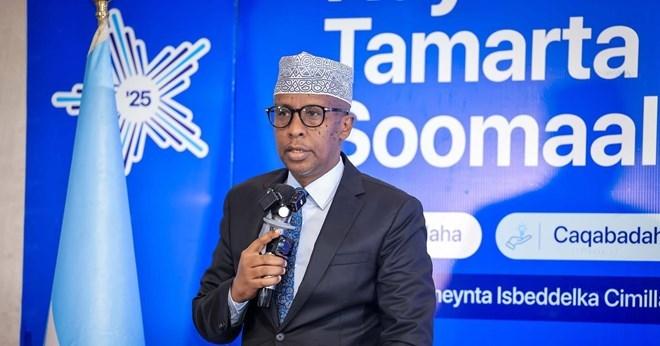
Minister Abdullahi said that Somalia’s energy sector has made significant progress in recent years, largely due to the participation of local private companies that have continued to supply power to communities during times of limited government capacity.
Somalia’s Ministry of Energy and Water Resources has announced a national plan to reduce the country’s dependence on imported fuel for electricity generation by 50 per cent before 2028.
The plan will be implemented through a large-scale rollout of solar power projects across the country.
More To Read
- Renewables overtake coal in global electricity generation
- Renewable power capacity to double by 2030 - IEA
- Somali PM launches free electricity programme for 150 health facilities
- Climate action can feel slow – but the fastest energy leap in history has begun
- Lamu County turns to solar as widespread blackouts disrupt daily life
- Proposed Bill set to mandate solar panels on new homes
The announcement was made on Thursday by Energy and Water Resources Minister Abdullahi Bidhan Warsame during the Somali Winners Forum (BGS25) held in Mogadishu.
The minister said the initiative is part of a long-term strategy to develop a more stable and sustainable energy system that can serve both households and industries.
Minister Abdullahi said that Somalia’s energy sector has made significant progress in recent years, largely due to the participation of local private companies that have continued to supply power to communities during times of limited government capacity.
“We have achieved remarkable progress in Somalia’s electricity sector, thanks to the dedication of Somali companies,” Abdullahi said. “I extend my deepest appreciation to these firms for lighting up our communities when the government was no longer functional.”
According to government data, around 85 per cent of Somalia’s electricity currently comes from imported diesel fuel. This reliance has placed a heavy financial burden on both consumers and businesses, as fuel import costs remain high and unstable. Many regions continue to face irregular electricity access, particularly outside major cities such as Mogadishu and Hargeisa.
The new plan aims to make solar power responsible for at least half of the country’s total electricity generation within three years.
The government hopes the transition will create a foundation for cleaner energy production, reduce the cost of electricity, and improve access for rural communities.
Minister Abdullahi said that expanding the role of renewable energy would also support economic growth, help reduce emissions, and make the country more resilient to the impacts of climate change.
He noted that Somalia is well-positioned to take advantage of solar energy because of its high levels of sunlight throughout the year.
Private investors have already played a major role in rebuilding Somalia’s energy infrastructure.
The minister revealed that nearly $1 billion has been invested in the country’s energy sector by Somali and foreign private companies. These investments have contributed to improved generation capacity and the expansion of mini-grids in urban centres.
Abdullahi said the government plans to work closely with private sector partners, development institutions, and regional stakeholders to accelerate the rollout of solar energy systems.
The Ministry will also focus on upgrading the national power grid, improving transmission networks, and setting up storage systems to ensure a reliable energy supply.
The solar expansion initiative will be implemented under the Somalia Electricity Sector Recovery Project (SESRP), a government-led framework designed to rebuild the country’s energy systems and promote the use of renewable resources.
It also aligns with the National Transformation Plan (2025–2029), which sets out priorities for economic diversification, infrastructure development, and environmental protection.
The SESRP is supported by international partners, including the World Bank, which has financed projects aimed at improving access to electricity in urban and rural areas.
The programme emphasises renewable energy production, regulatory reforms, and training for Somali engineers and technicians.
Energy experts say the government’s plan to shift from diesel to solar power could reduce electricity costs, which are among the highest in Africa, and create new jobs in the renewable energy sector. The initiative is also expected to encourage local manufacturing of solar panels and related equipment, further strengthening the domestic economy.
Abdullahi concluded his remarks by stressing the importance of cooperation between government institutions, the private sector, and international partners. He said that sustainable energy development is key to Somalia’s long-term recovery and to improving the living standards of its citizens.
“The progress we seek in the energy sector will depend on partnerships and shared commitment,” he said. “Together, we can ensure reliable and affordable power for every Somali.”
The government’s goal to halve imported fuel use by 2028 marks a turning point for Somalia’s energy policy and reflects a wider shift toward renewable energy in the Horn of Africa region.
Top Stories Today

